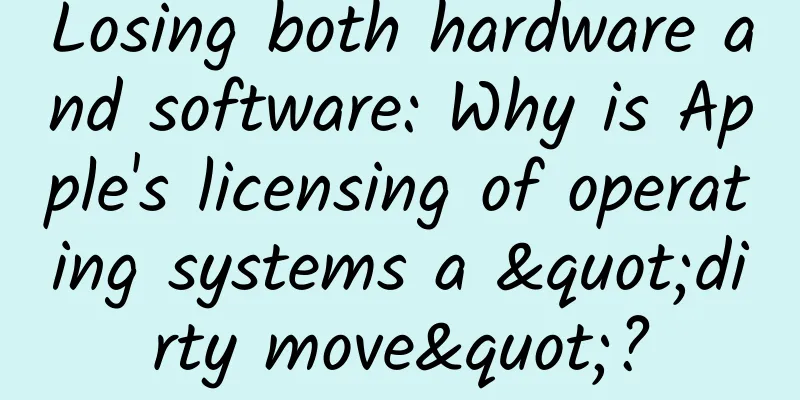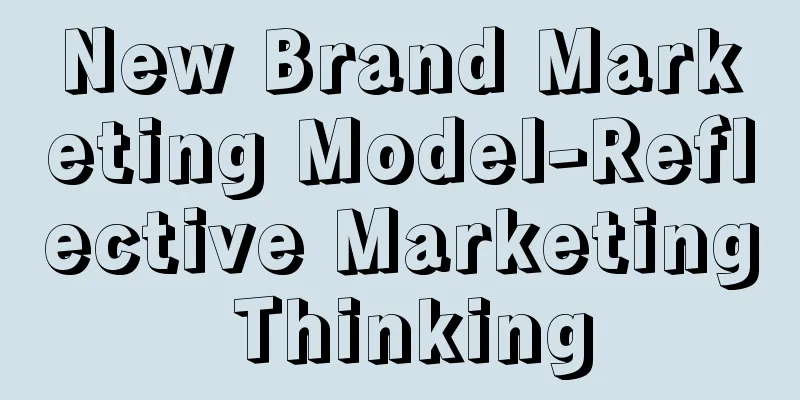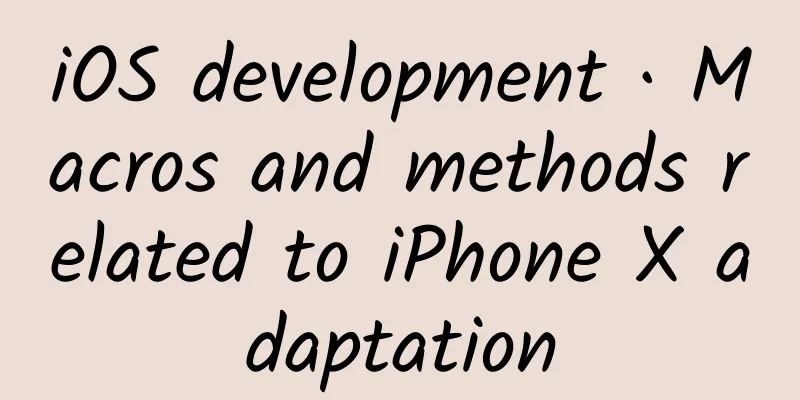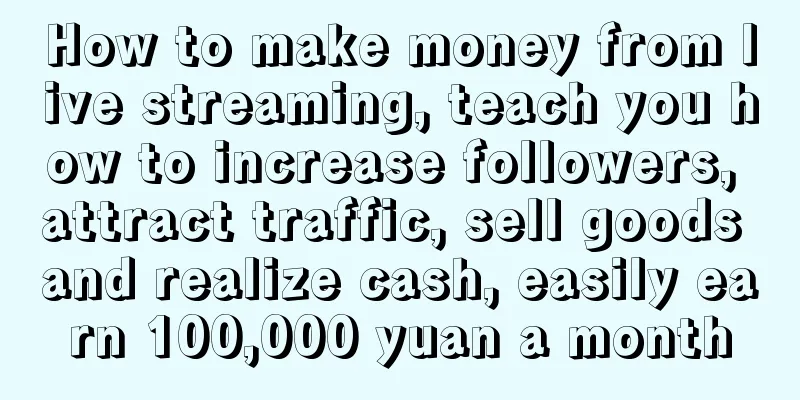|
In response to the declining sales of Apple iPhone, some foreign experts recently suggested that Apple should license its operating system (mainly iOS) to third-party manufacturers as soon as possible to make up for the losses caused by the decline in iPhone (hardware) sales. There is a Chinese saying: Losses within the country can be made up outside the country. However, for Apple, can the decline in revenue and profits caused by the decline in iPhone sales really be made up by licensing operating systems? [[169445]] Here we might as well take a look at the iOS ecosystem built by Apple based on its own operating system.
At the 2016 WWDC keynote, Apple released a number of data to prove the strength of its current ecosystem. First, the number of registered users increased by 2 million last year, reaching a total of 13 million, a growth rate of 18%. So what does this mean? We can compare the number of registered developers of other companies in the technology industry: Oracle's data released in 2014 showed that there were 9 million Java developers; IDC said that the number of software developers worldwide in 2014 was 18.5 million, of which 11 million were professional software developers and 7.5 million were amateur developers. This means that Apple's share of the developer market may be as high as 70%.
According to the latest research by Citibank, iPhone and iPad users spend more on apps than Android users, and the gap is widening. They estimate that in 2015, each iOS device spent an average of $52 on the Apple App Store, while in comparison, each Android device spent an average of $5.7 on the Google Play Store. This means that the average amount of money spent on apps on Apple devices is 9.1 times that of Google Android devices. In 2014, Apple devices spent only 7.7 times as much on apps as Android devices.
Piper Jaffray, an American investment bank, pointed out in an investor report that the valuation of Apple's service business is seriously underestimated by Wall Street. The reasonable valuation of this business should reach 260 billion US dollars. In 2015, the profit margin of Apple's service business reached 60%, and as Apple takes advantage of its huge installed user base, this profit margin will continue to grow.
So the question is, once Apple licenses its own operating system as industry insiders say, it will not only lose the "moat" of iPhone hardware, but also share the advantages and value of the above ecosystem with its competitors. It is a well-known fact that the reason why Apple iPhone has achieved the second (in terms of sales) and first (in terms of revenue and profit) positions in the smartphone industry today is inseparable from its combination of software and hardware. That is, the reason why the market and users are willing to pay a premium for iPhone is not only because users recognize Apple's innovation in iPhone hardware itself, but also because of its operating system and the application experience based on it.
More importantly, as mentioned above, the "soft" here is not only the operating system (such as iOS), but the iOS ecosystem based on it. So the question is, if Apple licenses the operating system, it means opening up the entire ecosystem, and then compared with its Android rivals, it will fall into the same experience. And given that Apple's current lack of innovation (mainly hardware), once it loses the differentiation and advantage of the experience based on the operating system, the iPhone will be more passive in the pure hardware competition with Android manufacturers.
For example, last quarter, Apple's iPhone suffered the largest decline in history. In contrast, its old rival Samsung benefited from the hot sales of its flagship Galaxy S7/S7Edge and achieved revenue and profit growth. When foreign media commented on Galaxy S7/S7Edge, they said that the only disadvantage was that it ran Android. This revealed at least two meanings: first, in terms of hardware innovation, some manufacturers in the Android camp (such as Samsung) are almost the same as iPhone, or even surpass iPhone; second, there is still a gap in experience between Android and iOS. This seems to be because Apple cannot license the operating system or the licensing of the operating system will not only make its hardware, which has no advantages, lose its "soft" advantage, but even play the role of making up for the "soft" shortcomings of the Android camp. The Android camp manufacturers who have made up for the shortcomings will in turn put further pressure on the sales of iPhone hardware.
In addition, although Apple's software and service-based revenue was the fastest growing in Apple's overall revenue last quarter, it is still relatively low (about 10%) in terms of the proportion of Apple's overall revenue, which means that hardware, mainly iPhone, will still be the core of Apple (revenue and profit) for a considerable period of time in the future. In this case, "maintaining hardware and increasing software" is a wise move, and to achieve this goal, the uniqueness of the ecosystem based on the iOS system is the root of "maintaining hardware". In fact, let alone licensing operating systems, according to an Apple executive interviewed by foreign media, when asked why Apple iMessage does not expand to other platforms, he gave two answers. First, Apple believes that the 1 billion activated device user groups it already has can provide sufficient data for the company's artificial intelligence research; second, having a super information platform that can only be used in Apple devices can help sell Apple devices. This has always been Apple's classic basic principle for many years. I wonder what the industry thinks of the answer of this Apple executive? Not even an application is willing to be opened to the opponent's platform, let alone the operating system that is related to hardware performance (based on system tuning) and the uniqueness of the ecosystem.
Finally, it should be noted that if Apple licenses the operating system, due to the uneven hardware innovation capabilities of Android manufacturers, it is bound to cause differences in experience. This is contrary to the consistency of user experience that Apple currently provides using its own operating system. It may even cause the market and users to have a misunderstanding that the Apple ecosystem has a poor experience, which in turn will affect the sales of its iPhone hardware itself. At that time, not only will both the software and hardware be lost, but it may also lead to a vicious cycle of software and hardware.
In summary, we believe that whether in the past, present or future (for the iPhone in the smartphone industry), the combination of software and hardware is its core competitive advantage. If one side is favored or lost, the other side will lose its foundation for development. Therefore, the so-called Apple should license its own operating system is definitely a "dirty trick". |



![RWDS Illustration Course, First Edition, From Beginner to Metamorphosis [High Definition with Materials]](/upload/images/67cc2dc0dbd3a.webp)






